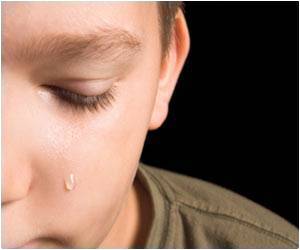Firefighters are typically faced with many demands, including difficult work schedules, and they often both witness and experience traumatic events.

‘Significant relationship between insomnia in 52.7 percent, depression symptoms in 39.6 percent and nightmare problems in 19.2 percent were observed in firefighters.’





"Our study findings suggest that firefighters with sleep difficulties are likely to experience greater struggles accessing strategies to regulate their emotions, especially when feeling upset. This, in turn, may lead to or worsen feelings of depression and low mood," said lead author Melanie Hom, a doctoral candidate in the Laboratory for the Study and Prevention of Suicide-Related Conditions and Behaviors within the department of psychology at Florida State University in Tallahassee, Florida. "These results are important because they provide a plausible explanation for why and how sleep problems may contribute to depression, which are critical questions for prevention and intervention." According to the American Academy of Sleep Medicine, transient insomnia symptoms occur in 30 to 35 percent of the population. Chronic insomnia, which occurs at least three times per week for at least three months, affects about 10 percent of adults. Approximately 2 to 8 percent of the general population has a current problem with nightmares, and trauma-related nightmares are the most consistent problem reported by people who have post-traumatic stress disorder.
Led by Hom and under the supervision of Dr. Thomas Joiner, the research team analyzed responses from 880 current and retired United States firefighters between the ages of 18 and 82 years. Participants completed a web-based survey of behavioral health. Self-report measures included the Center for Epidemiologic Studies Depression Scale, Insomnia Severity Index, PTSD Checklist, and Difficulties in Emotion Regulation Scale.
"Firefighters are typically faced with many demands, including difficult work schedules, and they often both witness and experience traumatic events," said Hom. "It is not surprising that firefighters may experience sleep problems and depression, but it is critical that greater efforts be made to prevent and treat these problems."
According to the authors, the findings suggest that emotion dysregulation may be an important therapeutic target for reducing depression risk among firefighters and other individuals who experience insomnia and nightmares.
Advertisement
Source-Eurekalert















